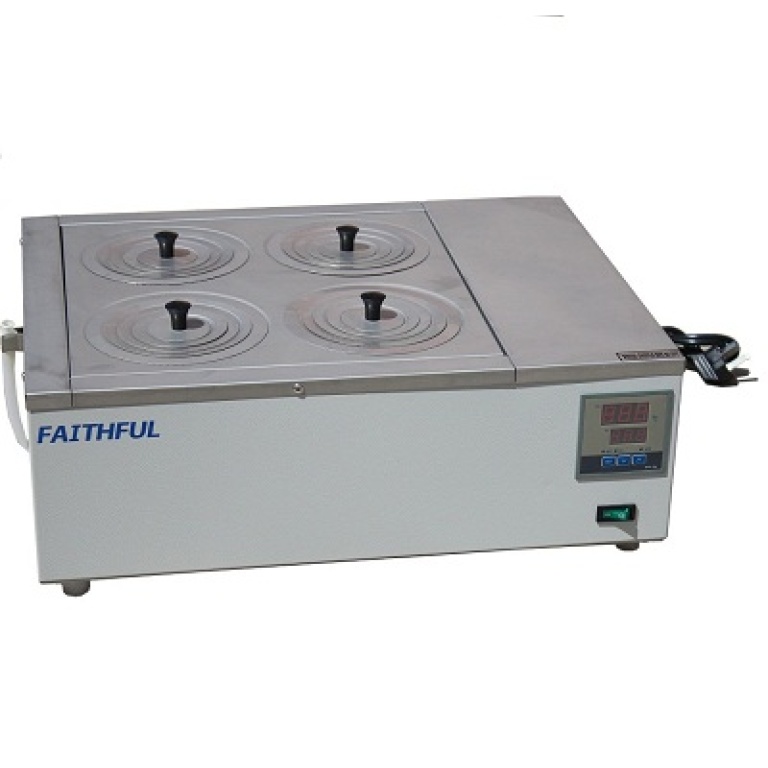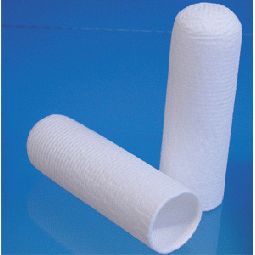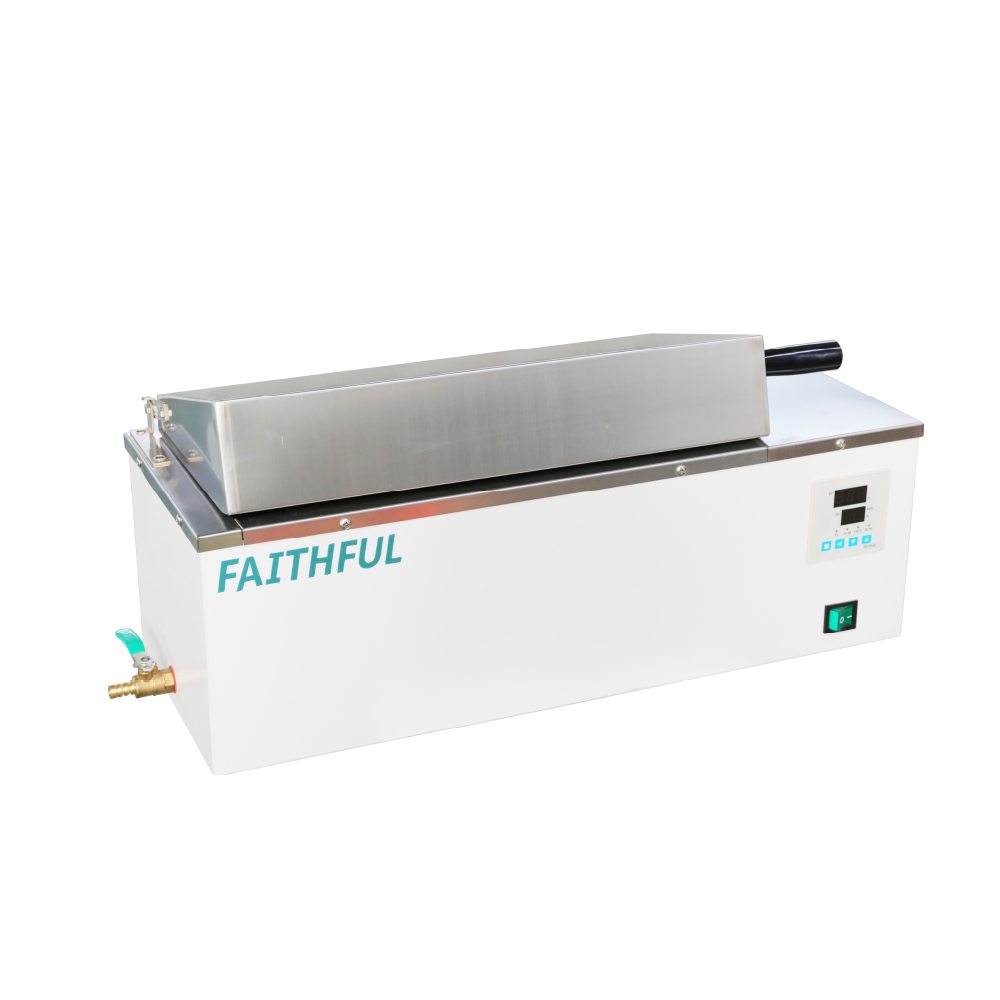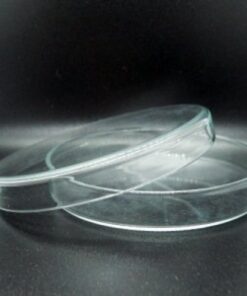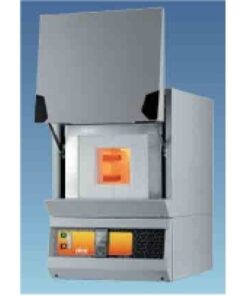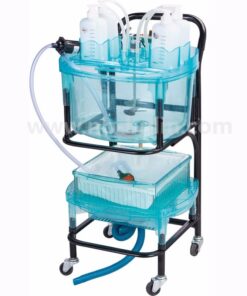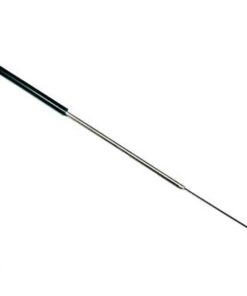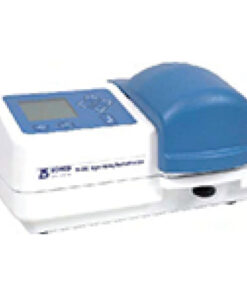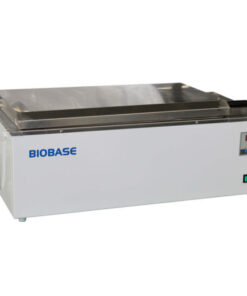Laboratory Water Bath 36L
R21,680.01 Ex VAT
Constant temperature water baths are laboratory equipment used to maintain a precise and stable temperature for various applications, including heating, incubation, thawing, and warming reagents, especially when dealing with flammable or sensitive materials.
Laboratory Water Bath 36L Constant temperature water baths are laboratory equipment used to maintain a precise and stable temperature for various applications, including heating, incubation, thawing, and warming reagents, especially when dealing with flammable or sensitive materials. Here’s a more detailed explanation of their uses: Common Applications: Incubation: Water baths are crucial for incubating cell cultures, bacterial cultures, and other biological samples at specific temperatures. Thawing: They provide a gentle and controlled method for thawing frozen biological samples, such as enzymes and DNA, without causing damage. Warming Reagents: Water baths ensure reagents are warmed to the required temperature steadily and uniformly, preventing thermal shock and ensuring optimal performance in assays or tests. Heating Reactions: Some chemical reactions require precise and controlled heating to proceed efficiently, and water baths offer a consistent temperature environment for these reactions. Melting Substrates: Water baths are used to melt substrates at specific temperatures. Warming Blood Samples: Medical labs use water baths to warm blood or plasma samples to specific temperatures for diagnostic tests. Maintaining Cell Lines: They are used to heat up samples in a laboratory, especially for heating flammable chemicals that are at risk of combusting if exposed to an open flame. Enzyme Analysis: They are used in enzyme analysis to maintain the correct temperature for optimal enzyme activity. Calibration: They can be used for calibration purposes, ensuring accurate temperature readings. Evaporating and Warming Reagents: They are used for evaporating and warming reagents in a controlled manner. Determination of Boiling Point: They can be used to determine the boiling point of substances.
• Weight: 9.5 kg
• Dimensions: 0.520 × 0.370 × 0.260 cm
• Constant temperature control
• Precise and stable temperature maintenance
• Suitable for heating, incubation, thawing, and warming reagents
• Safe for flammable or sensitive materials
Related products
Laboratory Equipment
Laboratory Equipment
Laboratory Equipment
Laboratory Equipment
Laboratory Equipment
Laboratory Equipment
Laboratory Equipment
Laboratory Equipment
